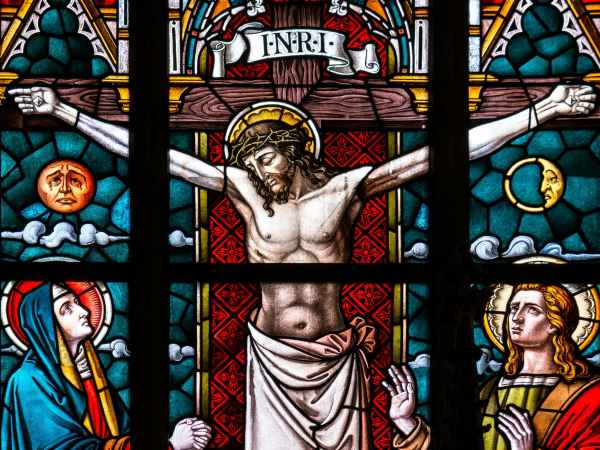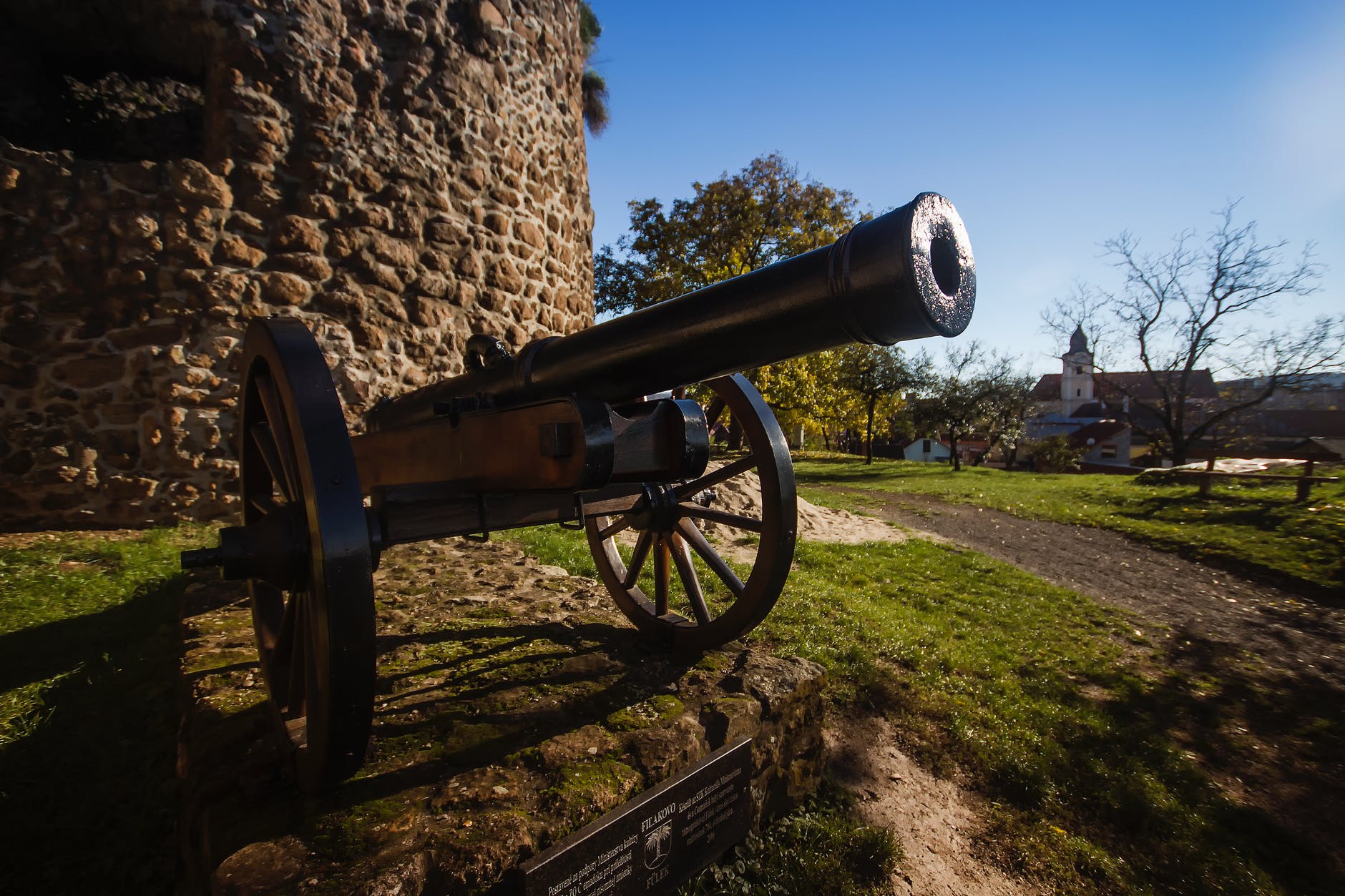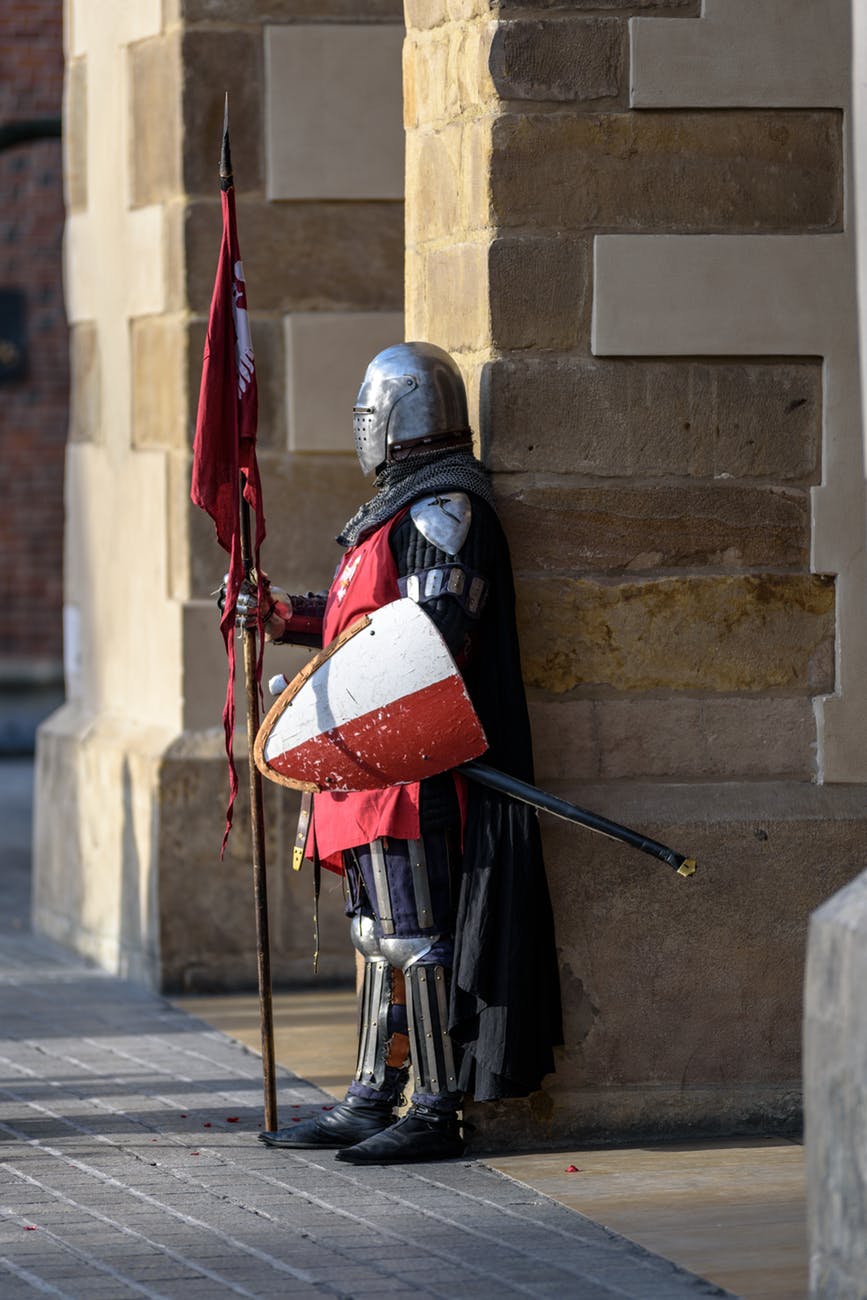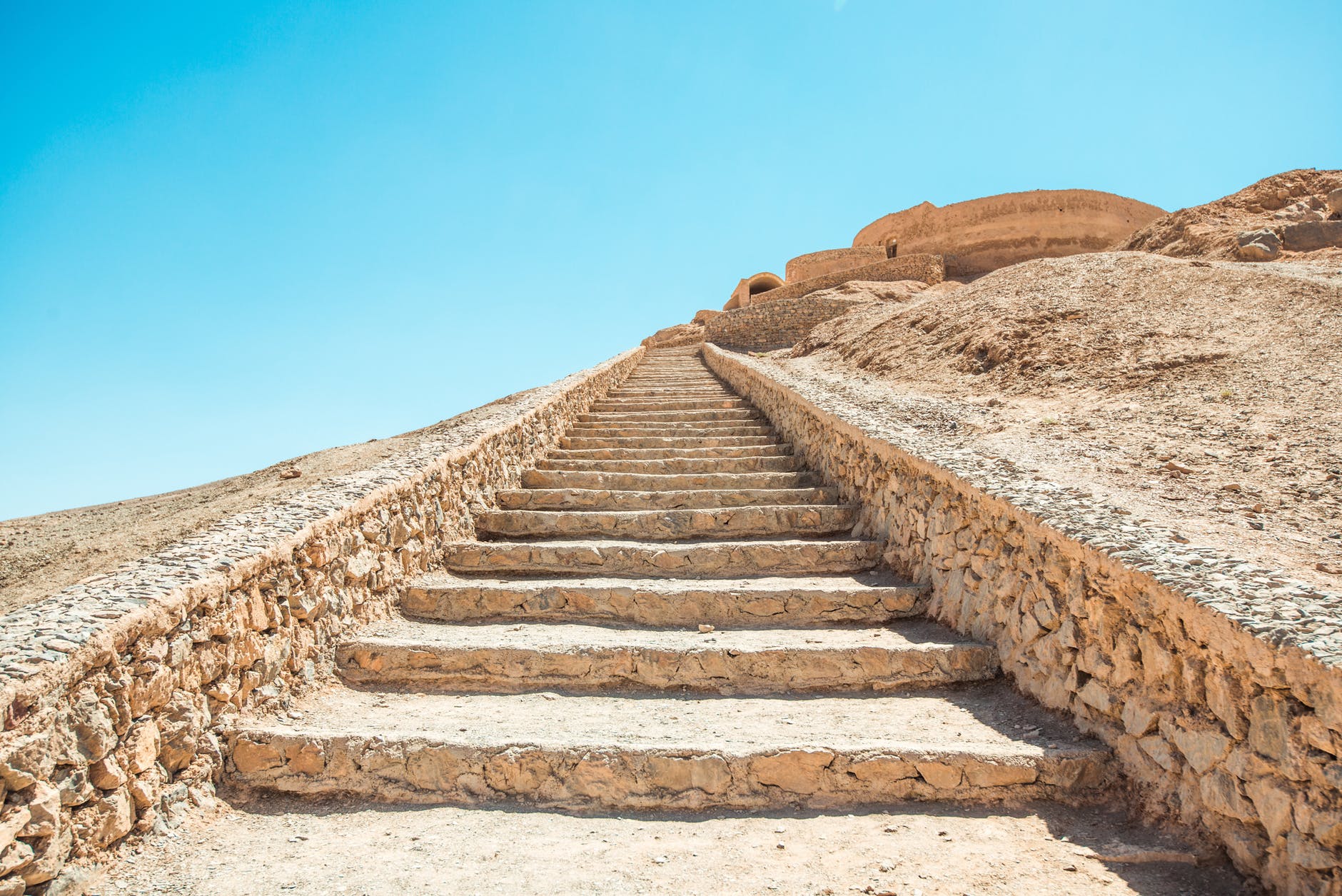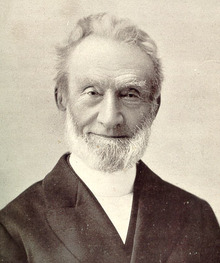Hebrews 9:11-15 World English Bible (WEB)
11 But Christ having come as a high priest of the coming good things, through the greater and more perfect tabernacle, not made with hands, that is to say, not of this creation, 12 nor yet through the blood of goats and calves, but through his own blood, entered in once for all into the Holy Place, having obtained eternal redemption. 13 For if the blood of goats and bulls, and the ashes of a heifer sprinkling those who have been defiled, sanctify to the cleanness of the flesh: 14 how much more will the blood of Christ, who through the eternal Spirit offered himself without defect to God, cleanse your conscience from dead works to serve the living God? 15 For this reason he is the mediator of a new covenant, since a death has occurred for the redemption of the transgressions that were under the first covenant, that those who have been called may receive the promise of the eternal inheritance.

Some chores just never end– laundry, trash, sweeping, making the bed, doing up the dishes, mowing the lawn/shoveling the drive or sidewalk– the list goes on. Simple chores, but repetitive and sometimes annoying. And they are all necessary– if someone doesn’t do them, the whole family (sometimes the whole neighborhood!) suffers.
Today, I’m so grateful for the promise that Christ’s sacrifice is sufficient– He redeemed us completely and forever through the shedding of His blood. It’s a done deal! It is FINISHED! All that the ancient sacrifices represented has been fulfilled in the death and resurrection of the Messiah. Atonement and reconciliation are available for the asking. We still need to seek His face; to turn from our sin and humble our hearts before our maker. But the Holy Spirit makes it possible to lay the guilt and burden of sin at the foot of the cross and walk away free and unencumbered.

Someday, even the mundane chores of this world will come to an end. Many of the tasks we do every day involve maintenance– maintenance of our earthly bodies (hygiene, eating and/or dieting, dressing, etc.), maintenance of our earthly homes (dusting, sweeping, washing, painting), and maintenance of the earth around us (lawn care, neighborhood beautification, trash pick-up, caring for trees, pets, gardens, etc.). But better by far, the “chore” of cleaning up after our sins and mistakes and emotional scars will be forgotten in the joy of our eternal restoration.

We live in this knowledge and hope even now– one day we will live in the full reality. Every reminder, every vestige and speck of sin will be banished, never to be dug up or brought to mind. Relationships won’t just be patched up– they will be fully restored. Consequences will be expunged; hurts and damages erased and completely healed.
Once for all–for all time, for all who place their trust in Messiah, for all the breadth and depth of words, actions, thoughts, deeds, consequences, injuries–Once for ALL!
